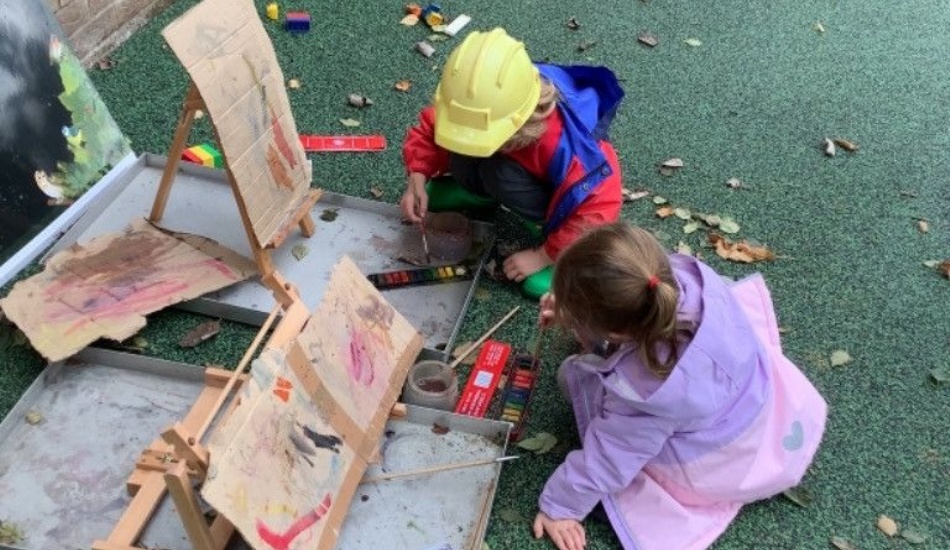Exploring the Balance – Child-Led Play and Adult Intervention in Early Years Education

Donna Agger, Early Years Teacher at Alderman Jacobs School in Whittlesey explores continuous provision as part of her Masters degree
As an Early Years teacher and Pre-School Leader I have been exploring a key question at the heart of early childhood education: Do children challenge themselves during continuous provision, or is adult intervention essential to promote meaningful engagement and learning? Rooted in the Early Years Foundation Stage (EYFS) Framework, I used an action research approach where I applied research in practice, with the aim of assessing whether adult interactions support deeper thinking during child-initiated play, or whether such interventions risk interrupting valuable moments of independent exploration.
The research stemmed from a clear disparity at times between current practices and policy, government data targets and intended early years principles. Teachers are often focused on adult-led activities resulting from the demands of the curriculum and accountability, resulting in limited time spent within the provision. Consequently, while children engage in self-chosen play, many do not push their learning forward, instead repeating familiar activities without challenge. This conflicts with the EYFS framework’s emphasis on scaffolding learning and supporting development through timely adult involvement.
Through the lens of theorists such as Vygotsky, Piaget, and Montessori, my research highlighted the value of play, but also the importance of challenge within the Zone of Proximal Development. Children need to be guided slightly beyond what they can do alone to promote deeper learning, and this often requires purposeful adult interaction. However, the project also uncovered the risks of poorly timed or misaligned intervention, which can disrupt creativity and limit engagement.
Using the Leuven Scales to monitor involvement, and collecting observational data over four weeks, the findings were clear: high-quality adult intervention makes a measurable difference. When adults joined play with open-ended questions, selective prompting and timely scaffolding, children responded with increased focus, creativity, and collaborative behaviour. In contrast, when intervention was overly directive or poorly timed, it reduced engagement and led to imitative rather than innovative play.
Importantly, this research also highlighted that when children face additional barriers, such as those linked to socio-economic disadvantage, this can impact their personal, social, and emotional development. This makes emotionally attuned, responsive adult support even more vital.
Ultimately, this project revealed that a balance must be achieved. Child-led learning supports autonomy and creativity, but adult intervention—when rooted in deep understanding of child development and pedagogy—is essential to extend learning. It must be intentional, engaging, and designed to enhance, not dominate, play.
Moving forward, this research will inform how I structure continuous provision, ensuring more consistent and high-quality adult presence during child-initiated learning. It has also supported my development as a reflective practitioner, aligning my values with effective strategies to improve outcomes for all learners.
I’d encourage everyone to consider: how do you currently approach adult involvement in your Early Years setting’s continuous provision?
